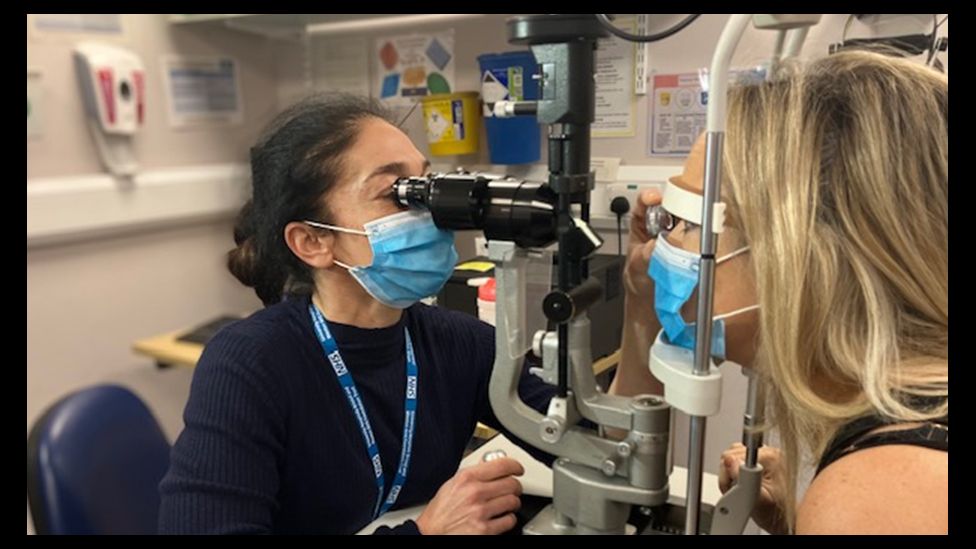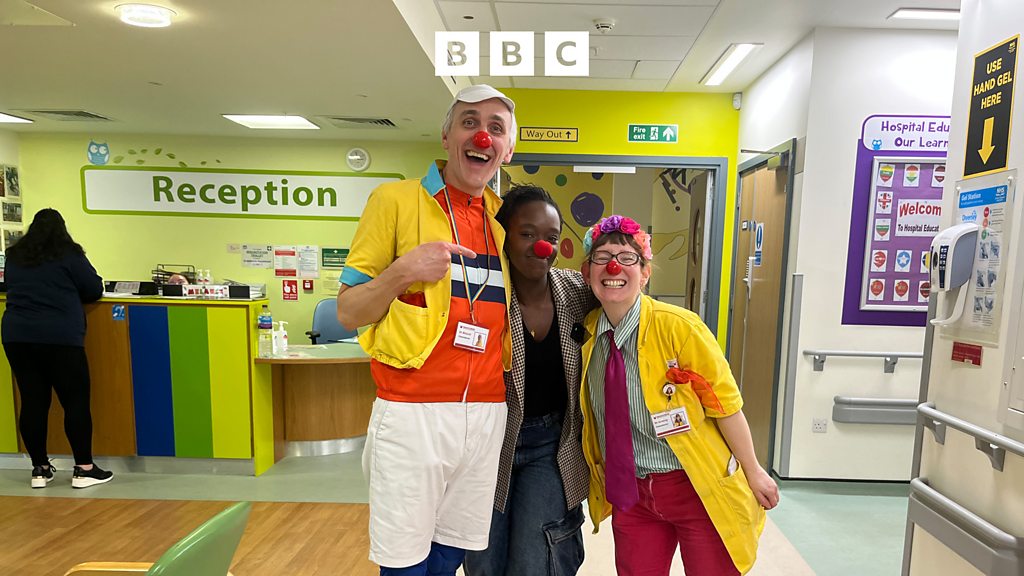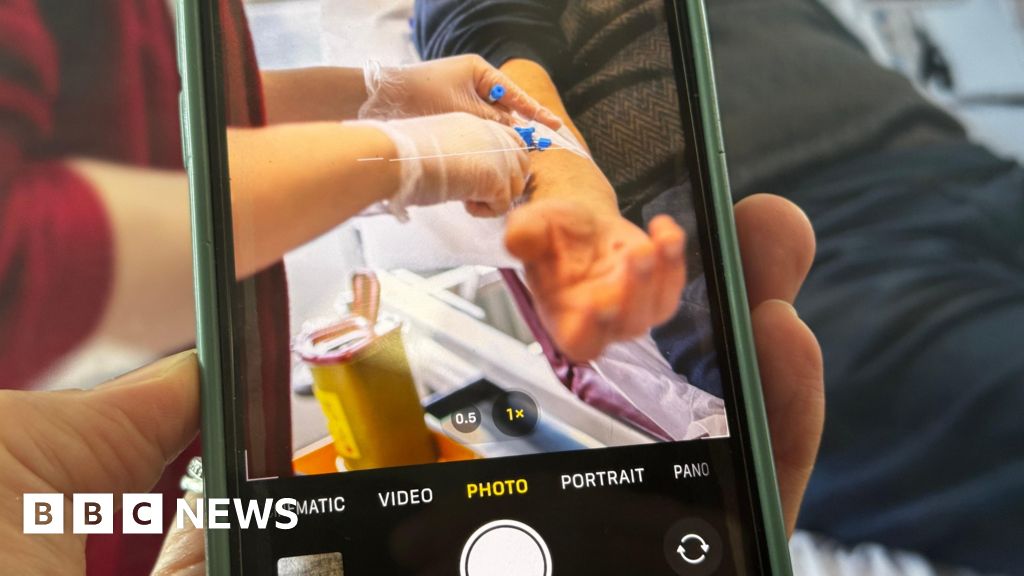ARTICLE AD BOX

Bristol Eye Hospital is the main hub for eye operations in the West
By Matthew Hill
BBC West health correspondent
Bristol scientists are developing new guidelines to speed up the diagnosis of patients with a potentially dangerous eye condition.
Papilloedema is caused by increased pressure inside the head and could be the first sign of a brain tumour.
But half of people with a brain tumour have no symptoms, and optometrists may be the first to notice a problem.
Shannen Broodryke's sight was saved after a frightening period that began with blurred vision and headaches.
The 28-year-old was driving to her Wiltshire home when she was suddenly struck by problems with her sight.
She said: "I couldn't see any more and by the grace of God I managed to pull over on the side of the motorway and it took about 45 minutes for the episode to end."
Shannen Broodryke's eyesight was saved after the pressure on her brain was detected
These symptoms started weeks before she ended up at Bristol Eye Hospital .
She said: "In December 2020 I had said to my parents on Christmas Day it felt that my head was about to explode. I got in touch with my GP who said it was probably just a nerve in my neck that was causing my headache.
"As the new year rolled on I started to have episodes where I couldn't see, there were bright streaming lights that all merged together. I had double vision and I felt incredibly nauseous."
These were classic symptoms of papilloedema and after it was diagnosed at the West's eye hospital in Bristol, a shunt was inserted into Ms Broodryke's brain to relieve pressure caused by the condition, and her eyesight was saved .
But not all patients are as lucky.
Image source, Barker family
Image caption,Vincent Barker died in 2012, aged eight
Vincent Barker, known as Vinnie, died aged eight in July 2012, about five months after a routine eye test.
A jury heard his optometrist Honey Rose failed to notice that the boy, from Suffolk, had swollen optic discs, an abnormality which is a symptom of hydrocephalus - fluid on the brain.
Ms Rose was found guilty of gross negligence manslaughter, but her conviction was quashed on appeal.
Nevertheless, the case sent a shockwave through professional optometrists and referrals to to eye hospitals for suspected cases of raised pressure on the brain went up by 600%.
Patients 'can think the worst'
It is because of this huge increase that eye hospitals struggled with demand, and that has led to new guidelines being drawn up by the University of Bristol.
Neuro-ophthalmologist, Dr Denise Atan, is now leading a study funded by the National Institute for Health and Care Research (NIHR) to give clear guidelines to optometrists about when patients should be referred.
Dr Atan said she sees many patients who had developed symptoms, after being referred to her.
She said: "Patients who are going for a routine eye check at their opticians and told there might be something wrong at the back of their eyes - immediately you think the worst and clearly that creates a lot of anxiety.
"So in that intervening period between seeing the optician and coming to the hospital those patients can get very worried."
Symptoms to look out for
Headaches in isolation are not a good indicator - in fact they would only identify a tumour one in 1,000 times according to the British Medical Journal (BMJ).
But when headaches are combined with other neurological symptoms, such as weakness, numbness, seizures, nausea and vomiting, alarm bells should ring.
It is hoped the NIHR study will come up with new guidelines as well as publicity in 2024 that will save lives.
Dr Alyson Huntley, senior research fellow and co-lead of the study based at the Centre for Academic Primary Care at the University of Bristol, added: "The strength of the study is that we are taking an integrated approach involving health professionals and the public across the eye care pathway.
"We are also looking at the situation nationally to provide recommendations for service improvement across England."
Related Internet Links
The BBC is not responsible for the content of external sites.

 2 years ago
93
2 years ago
93








 English (US) ·
English (US) ·